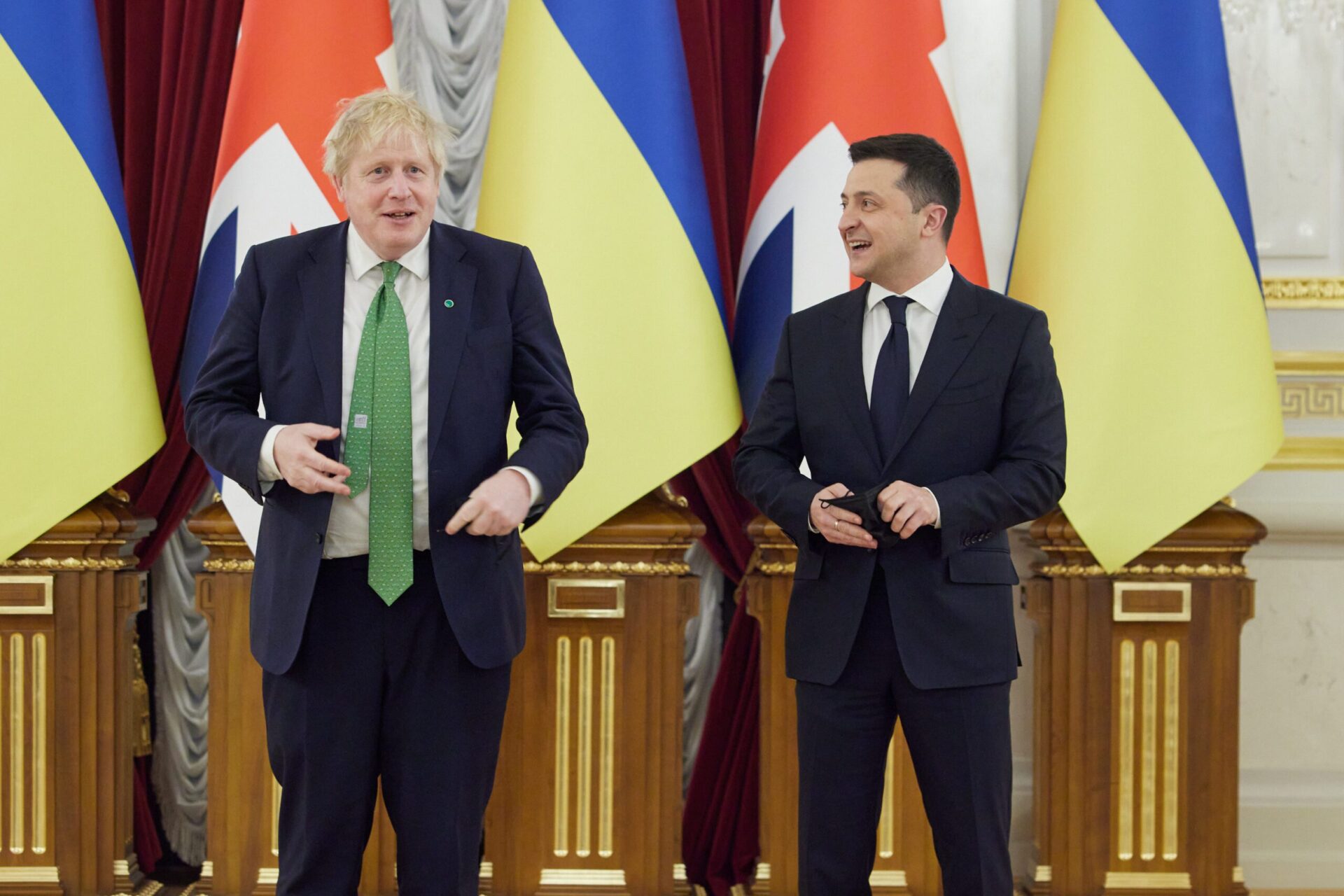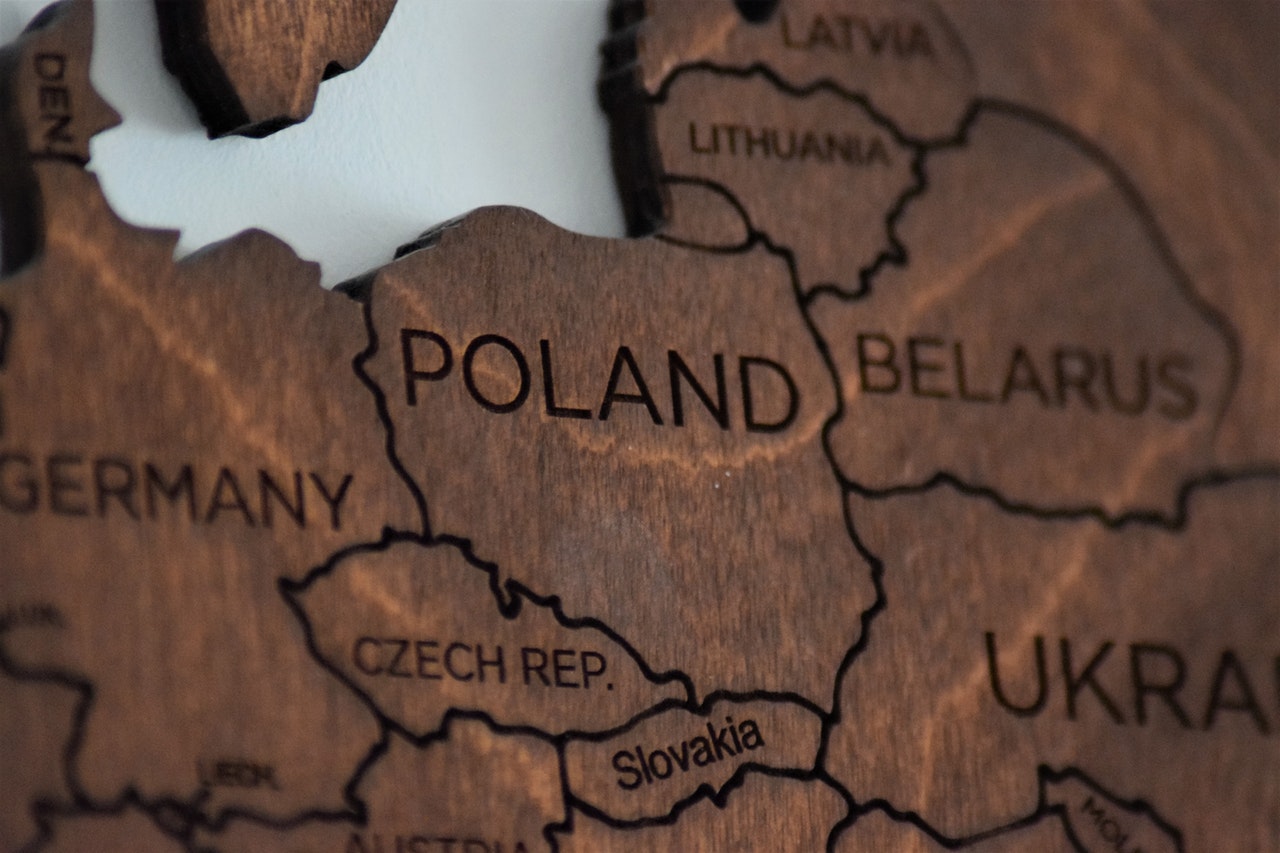Key questions on the new alliance of Poland

Information about the formation of a tripartite alliance resulted in generally favorable comments from Polish journalists and politicians, this time not only on the right-wing side. Rightly so?
Paweł Lisicki
The media is reporting that Poland, Great Britain, and Ukraine have created a new alliance. This was confirmed by the head of Ukrainian diplomacy. As is clear from the rather general statements of Minister Dmytro Kuleba, “the task of the new coalition would be to stand up to Russia and work together for the future of European security”. At the same time, Prime Minister Morawiecki announced in Kiev that Poland was going to provide military aid. As the Prime Minister said, Poland is ready to “provide Ukraine with tens of thousands of rounds and artillery ammunition, Grom anti-aircraft missile sets, as well as light mortars and reconnaissance drones”. This weaponry is supposed to be used for defense purposes only.
Information about the formation of a tripartite alliance, as well as about military aid for Kiev, resulted in generally favorable comments from Polish journalists and politicians, this time not only on the right-wing side. Rightly so?
When I first heard about the alliance between Poland and Ukraine along with the participation of Great Britain, my skin felt a little stiff. With Great Britain? Well, I cannot forget that it was the most cynical and treacherous ally Poland had since 1939 and throughout World War II. Actually, the word ally is hardly appropriate. How can one name a state that first gives false security guarantees, which in September 1939 allowed Hitler to focus practically all his strength on Poland without fear, and subsequently surrender it to the Soviets?
It is clear that a constant trait of British politics since the 18th century has been to keep the continent in equilibrium and to counter any potential threat to the balance of power as London sees fit. At the same time, the British prefer not to do it alone. They prefer to fight any threat to their interests, if possible, through someone else’s hands. It’s understandable: minimum risk, maximum benefit. Is it the same today?
Fighting the resurgent Russian empire is a logical move. The British can do it all the more safely because, unlike Poland, they are far from Russia. They will not be directly involved in a conflict. However, Warsaw’s case is different – Poland has a direct border with Russia (Kaliningrad Oblast) and, above all, with Ukraine. The risk for Warsaw is incomparably greater than for London.
Maybe Poland has no other choice? Maybe, as most Polish commentators say, Ukraine’s sovereignty is a guarantee of Polish independence? Maybe the Polish national interest is simply the existence of a strong, sovereign Ukraine? Is Polish and Ukrainian independence largely one and the same?
Polish national interest constitutes the existence of a strong Poland and the guarding of its security. This should be the only appropriate criterion for assessing individual decisions. It follows that indeed, it is in the interest of Poland to have a sovereign Ukraine, but above all one that is friendly to Poland. Can this be said about Kiev’s current attitude? How can one assess a relationship in which Poland provides military aid for various unfriendly gestures on the part of Ukraine towards Warsaw? By helping Kiev, did Warsaw guarantee the protection of its own economic interests (the blockade of rail transport shows would suggest otherwise), historical (the problem with reviving banderites shows that it is not) and national (the issue of the rights of the Polish national minority)? I’ve not heard anything about it.
Secondly, it obvious that it is in our interest to keep Ukraine as a sovereign state separating Poland from Russia. However, will this be enough to answer the question of the extent of Warsaw’s involvement in a possible war with Russia? Two approaches are possible here. According to the first one, it is necessary to provide Ukraine with all possible assistance, including military, because this is the only way to scare Russia away from the attack. Perhaps it is so, but it all depends on the assessment of the situation and strength of each side. Can the armed aid provided by Poland really have such a deterrent character? Or, on the contrary, could it increase the likelihood of Warsaw’s involvement in a possible war between Russia and Ukraine? And shouldn’t we keep all strength in the event of a direct Russian confrontation? It all depends on the assessment of the condition of the Polish army and Polish weaponry, as well as on what is believed about Moscow’s determination. The second attitude is that Poland should focus on diplomatic aid.
It is certainly not prudent to conduct a policy of a superpower by a state that isn’t one, even in a situation where the conflict smolders directly on the Polish border. It is easy to get a beating in such circumstances. Especially since other Western countries, such as Germany or France, are not keen on military involvement, and the attitude of the United States is at least ambivalent.
It’s a shame that a serious debate on this topic is virtually non-existent in Poland.
This article was published in February 2022 in “Do Rzeczy” magazine.



